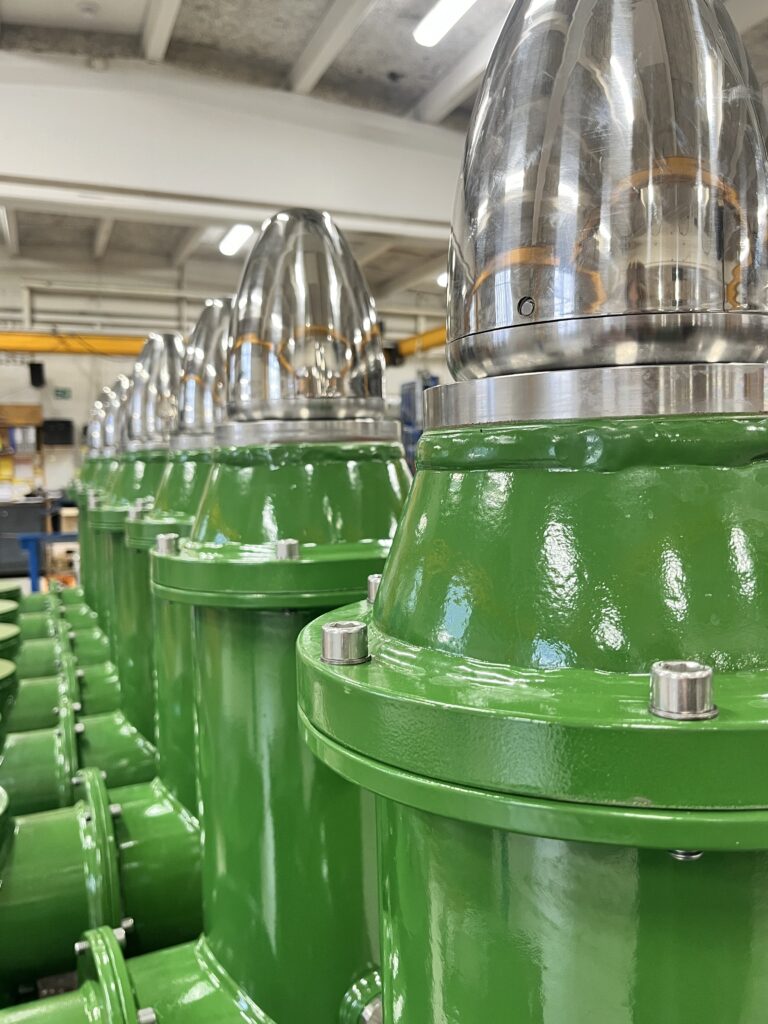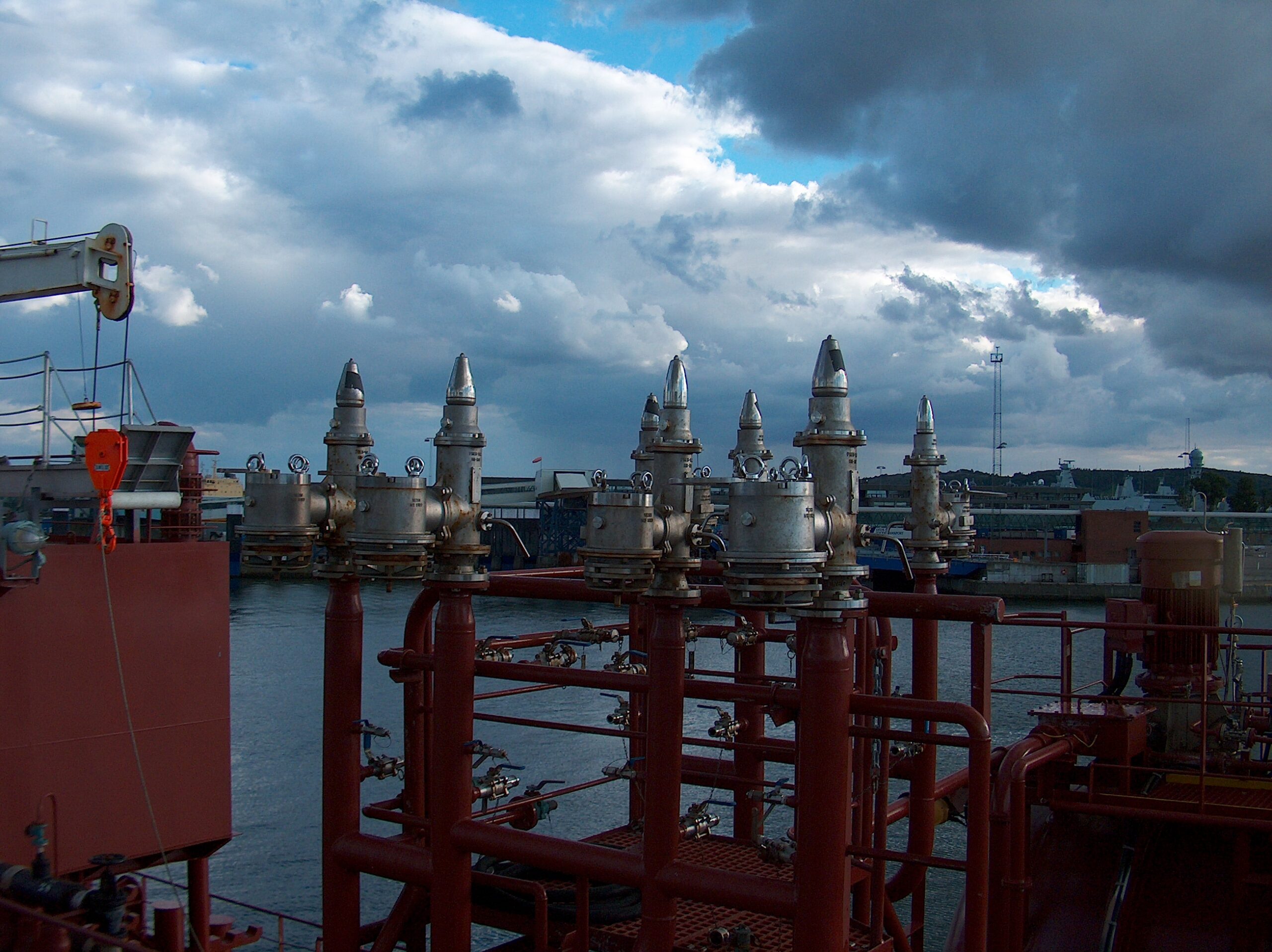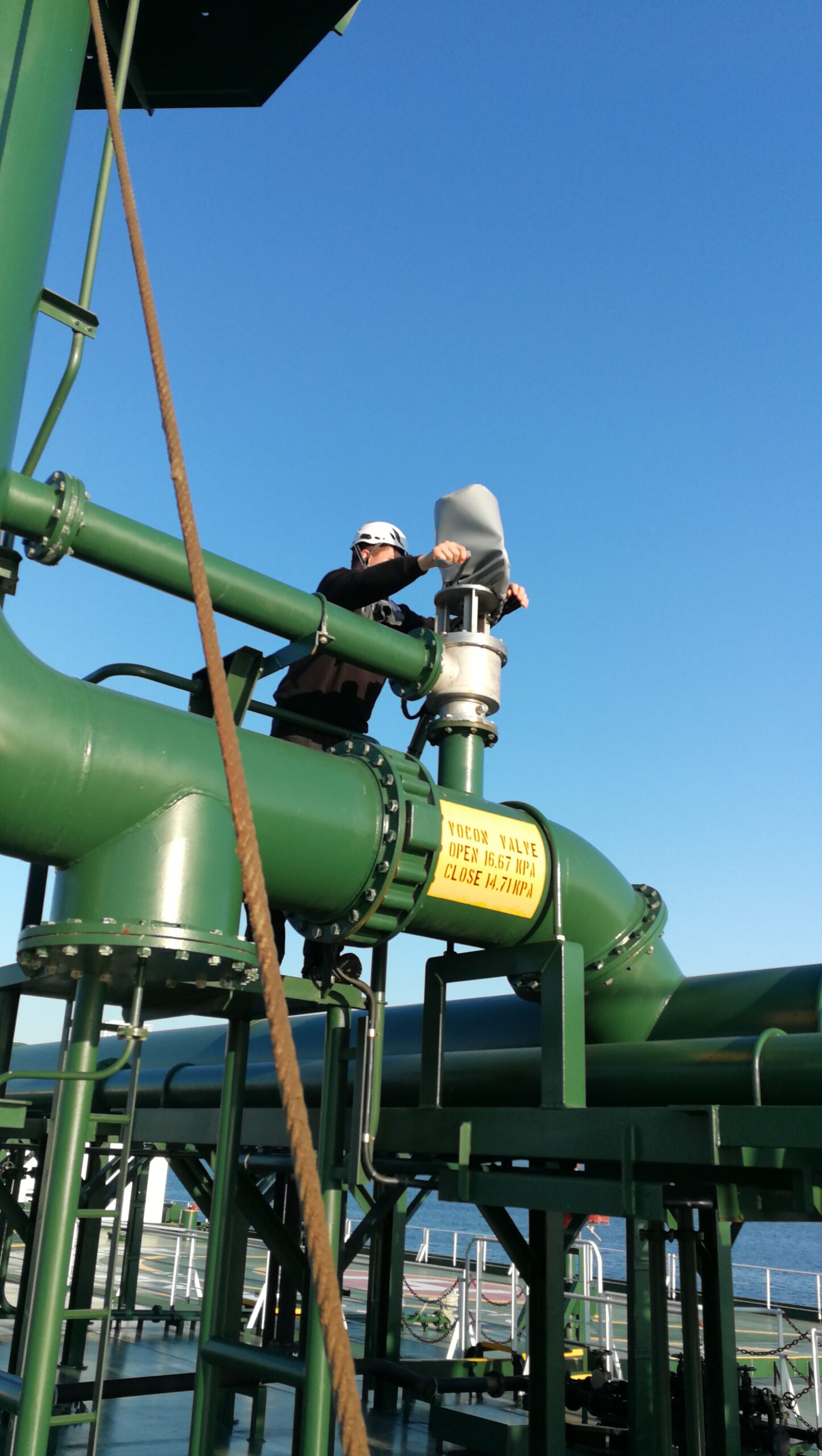
Understanding pressure vacuum valves: Ensuring safety and efficiency in marine operations
Pressure vacuum valves play a crucial role in maintaining the safety of marine vessels. Designed to protect against unintended overpressure and vacuum conditions, these valves help safeguard both the ship’s cargo and crew. In this article, we will explore how pressure vacuum valves function, their importance in ship operations, and why choosing high-quality marine valves is essential.
The Function and Importance of Pressure Vacuum Valves
A pressure vacuum valve is an essential component in a ship’s venting system, preventing overpressure and vacuum formation within cargo tanks. Excessive pressure fluctuations, whether overpressure or vacuum conditions, can compromise the structural integrity of the vessel. By automatically regulating the pressure balance, these valves ensure that gases are safely released or retained, optimising operational efficiency. The pressure vacuum valves ensure that pressure is kept within required limits in a simple, safe, and reliable way, keeping operational costs low.
High velocity pressure vacuum valves are designed to minimise blowdown and optimise emission control, ensuring efficient and environmentally responsible operation. Furthermore, with a resilient seal, the leak rate is kept at a minimum.

The Role of Inert Gas Systems in Pressure Regulation
Ships utilise an inert gas (IG) system, which varies depending on the vessel type. In oil tankers, the IG system typically uses flue gas from the main engine or boiler, while chemical and gas tankers commonly employ nitrogen-based IG system. On FPSOs, a hydrocarbon-blanketing system is used to eliminate oxygen presence and prevent combustion. Regardless of the type, the IG system is essential for maintaining tank pressure and ensuring safe cargo operations. If the system fails, alarms notify the crew, and if intervention is not possible, pressure vacuum valves act as a safety measure to prevent dangerous overpressure or vacuum conditions.
The VOCON-System and Vapour Emission Control
In oil tankers, Pres-Vac supplies the VOCON-System, which regulates vapour emissions. This system ensures that pressure vacuum valves remain inactive during transport, engaging only for minor flow variations. The VOCON-System competes with PV-VOC “breather” functionality but has the added advantage of monitoring and documenting emissions released from tanks. During loading and discharge operations, venting is managed through mast riser valves and flame arrestors (VFA or EPV).
Types of Pressure Vacuum Valves for Ship Applications
Choosing the right pressure vacuum valve depends on several operational factors, including the type of cargo and the specific venting requirements. Some common types of marine pressure valves include:
- High velocity pressure vacuum valve (High-velocity valve): Designed to control vapour emissions and prevent fire risks, ensuring compliance with international safety regulations.
- Vacuum pressure control valve: Helps maintain the correct pressure balance in ship venting systems, preventing cargo contamination.
- Pressure relief valve and vacuum relief valve: Protects tanks from sudden pressure changes that could lead to ship structure failure.
For shipowners and operators, selecting reliable pressure-regulating
valves are vital for smooth vessel performance. High-quality marine valves and ship valves improve safety, minimise emissions, and extend equipment lifespan.

Why Choose Pres-Vac Engineering’s Pressure Vacuum Valves?
With over 70 years of experience, Pres-Vac Engineering is the world’s leading provider of pressure vacuum valves for the tanker shipping industry. Our advanced venting solutions ensure:
- Maximum protection against overpressure and vacuum conditions.
- Compliance with the latest maritime regulations.
- Reliable and trouble-free operation, with fewer maintenance requirements and long-term durability, ensuring optimal performance in demanding marine environments.
- Fewer components for simplified maintenance.
By investing in top-tier pressure vacuum safety valves, ship operators can achieve greater operational reliability and environmental responsibility.
Conclusion
In the maritime industry, ensuring the proper function of pressure vacuum valves is critical for safety and efficiency. By selecting high-performance ship valves and marine valves, vessel operators can prevent costly damages and ensure regulatory compliance. Explore Pres-Vac Engineering’s range of pressure vacuum valves today to enhance your fleet’s safety and efficiency.
Do you have any questions for us? Contact us for more information.